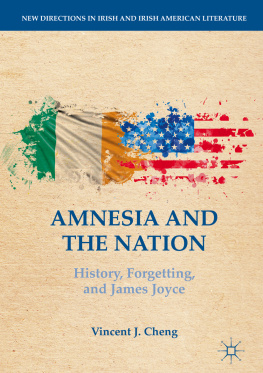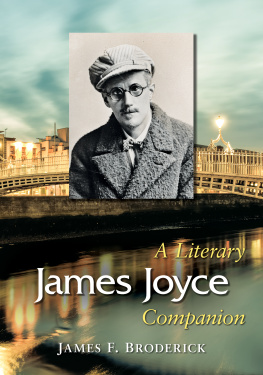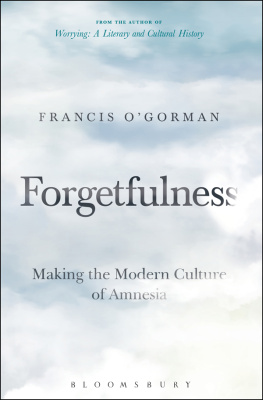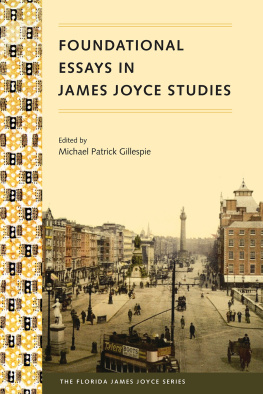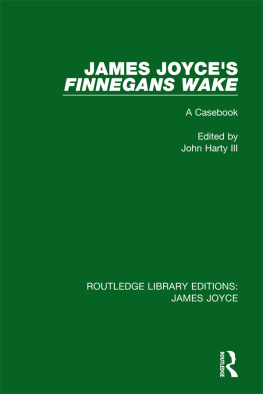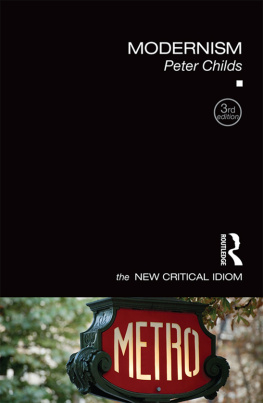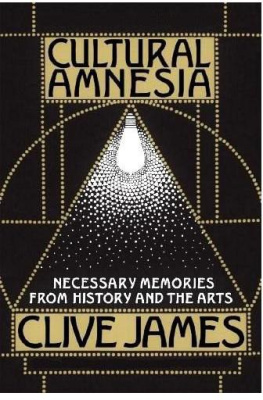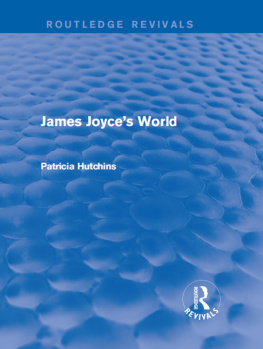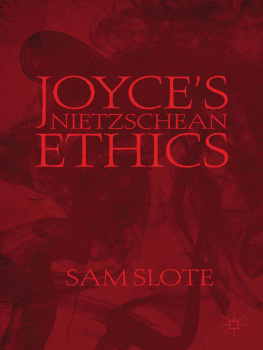1. Introduction: Memory, Forgetting, and the Imagination
Amnesia and the Will to Forget
Let me begin on a personal note. Although I am known among my family and friends for having a good memory, I have long been aware, since my childhood, of the attractions, even the desirability, of forgetting. Indeed, in my teens and twenties, I used to regularly experience what I grew to call amnesia fantasiesthat is, wish-fulfillment fantasies in which I imagined that I found myself suffering from amnesia , and having no idea who I was. In that condition, I could be, of course, unburdened of my own troubles, and free to move on. I suspect I am not alone in having had such fantasies: after all, who has not, in periods of unhappiness, wished to be someone elseor at least wished to be able to slough off ones own past and identity and what Joyces Stephen Dedalus refers to as the nightmare of history? And what more attractive and dramatic fantasyeven more attractive perhaps than Freuds family romancethan to obliterate ones own personal past and identity by finding oneself an amnesiac?
Of course, the discourses of Western culture are always enjoining us to remember , not to forget, warning us instead about the dangers of forgetting: those who dont remember the past are doomed to repeat it; the Holocaust enjoins Jews to never forget, just as the Hebrew Bible reminded them always to remember Zion, even by the rivers of Babylon; we are each urged to remember our roots, our identity; trauma victims are coaxed into recovering repressed memories so that they may heal and move on; and so on. Hardly anyone ever talks about the desirability or usefulness of forgetting. Indeed, amnesiaas a neurological conditionis always represented as a negative thing, a loss of a personal identity that one desperately needs to recover. After all, ones identity is basically constituted of ones memories: the ultimate version of an amnesia fantasy is, arguably, Alzheimers disease , which in its advanced stages constitutes both the total loss of memory and the total loss of identity.
But I would suggest that our culture also has a collective fascination with amnesia. Actual amnesia, as a medical condition, is an extremely rare occurrence. Yet, in popular culture it is an extremely frequent occurrence, almost ubiquitous. Stories of amnesiacs are the stuff of spy novels, mystery novels, popular films, television soap operas, science fiction, sensational tabloid journalism, and so on. Think, for example, of the popularity in recent years of the novels and films of The Bourne Supremacy , The Bourne Identity , The Bourne Ultimatum , and Jason Bourne ; other recent films like Memento and The Eternal Sunshine of the Spotless Mind ; a host of mystery, science fiction, and psychological novels with titles like Amnesia , Amnesia Moon, and so on; the wide international news coverage given a few years ago to that Englishman who disappeared in a canoe in the North Sea, then turned up five years later claiming to have lost his memory; in fact, the very first episode, in 1973, of the daytime television staple The Young and the Restless was a story about an amnesiac. One could go on and on with examples of our collective cultural fascination with amnesiain spite of the fact that almost no one has ever personally met or known an actual amnesiac. What is it about amnesia that is so fascinatingand even attractiveto our collective consciousness? Is it a trope for something deeper, something repressed? At the very least, what this phenomenon suggests to me is that we have, in fact, a cultural will to forget a compulsive attraction/fascination for the idea of a clean slate. This notion, and the corollary ability to remake oneself, certainly is a long-standing and defining tradition at least in American history, from Benjamin Franklin to the novels of Horatio Alger to F. Scott Fitzgeralds The Great Gatsby . It is as if we have a need (even if in fantasy) to erase ones past from ones memory.
One of the most famous and defining examples of clinical amnesia was the case of the World War II soldier who was shot in the head at the Battle of Smolensk. The great Russian psychologist Alexandr Romanovitch Luria told his story in a book titled The Man with a Shattered World : The History of a Brain Wound ; Luria also recorded a very different case history in a second book called The Mind of a Mnemonist : A Little Book about a Vast Memory. The two cases are almost mirror-images of each other as opposites: the story of the wounded, amnesiac soldier, and the story of a man who remembered virtually everything, the mnemonist. The first we understand as a tragic pathology. But, as the great Jewish philosopher and historian Yosef Yerushalmi writes: Yet the phenomenon of the mnemonist was no less pathological. If the brain-damaged man could not remember, the mnemonist could not forget. And so it was even difficult for him to read, not because, like the man of Smolensk, he had forgotten the meaning of words, but because each time he tried to read, other words and images surged up from the past and strangled the words and text he held in his hands (Yerushalmi 106). This is sensory and mnemonic overload (what today we might call information overload): the world and the text are both too crammed with remembered meanings for the individual to function. As Luria himself notes: Many of us are anxious to find ways to improve our memories; none of us have to deal with the problem of how to forget. In [this mans] case, however, precisely the reverse was true. The big question for him, and the most troublesome, was how he could learn to forget ( Mind 67).
The mnemonists haunting dilemma, I would suggest, is not unlike that confronted by James Joyces character Stephen Dedalus , and indeed by the Irish people, in the face of a traumatic colonial history: History, says Stephen in Ulysses , is a nightmare from which I am trying to awake ( U 2.377). To describe history as a nightmare from which one wants to awake implies a complex relationship between the past, trauma, suffering, sleep, waking, forgetting, memory, amnesia, and repression. Similarly, as I have argued elsewhere, for Stephen and his fellow Irishmen imperial history is very much an oppressive nightmare of the present from which it is hard to awakeif for no other reason than that its oppressive presence and hegemonic, discursive terminology is written all over the face of Ireland and of its cultural constructions, and thus forms the [unavoidable] hour-by-hour subtext and context of all their thought and experiences ( Joyce, Race, and Empire , 169)as, for example, in the Hades episode of Ulysses , as the funeral carriage conveys the Irishmen first past the statue of William Smith OBrien , a patriotic hero of the failed rebellion of 1848, then past the hugecloaked Liberators form ( U 6.249), Daniel OConnells statue; then Nelsons pillar ( U 6.293), the hated English imperial symbol; then the Foundation stone for Parnell ( U 6.320; now the Parnell Memorial in Parnell Square); and so on. The streets of Dublinlike the streets of many cities and towns in the American South , similarly filled with statues and memorials to the Confederate dead and their failed leadersbecome themselves a concrete text which one is never allowed to forget, a constant reminder of ones oppressive colonial past and ones continued colonial subservience, denying the attractions of forgetting, denying the possibility of any relief from the nightmare of history. As with the mnemonist, the inability to forget and the sensory overload of too much memory produce an agonizing paralysis, a nightmare from which one cannot awaken.

